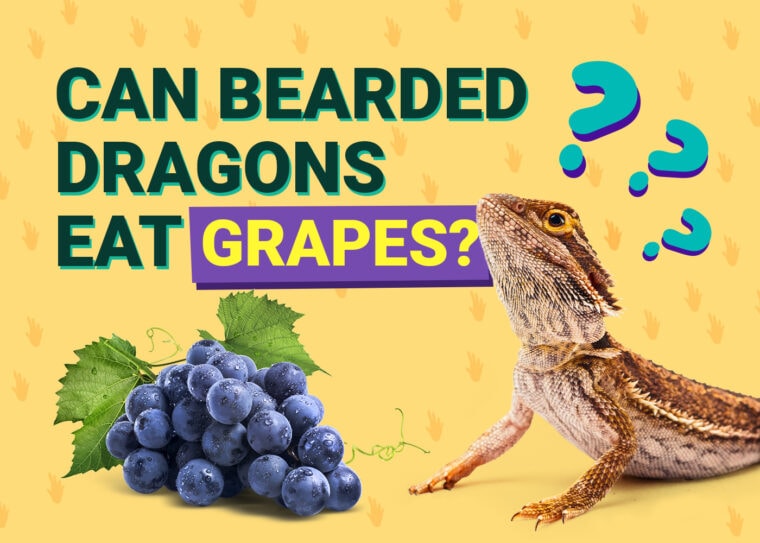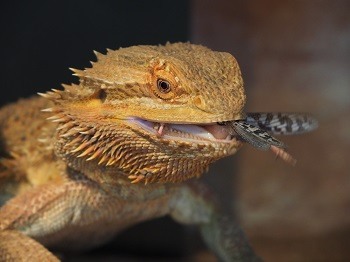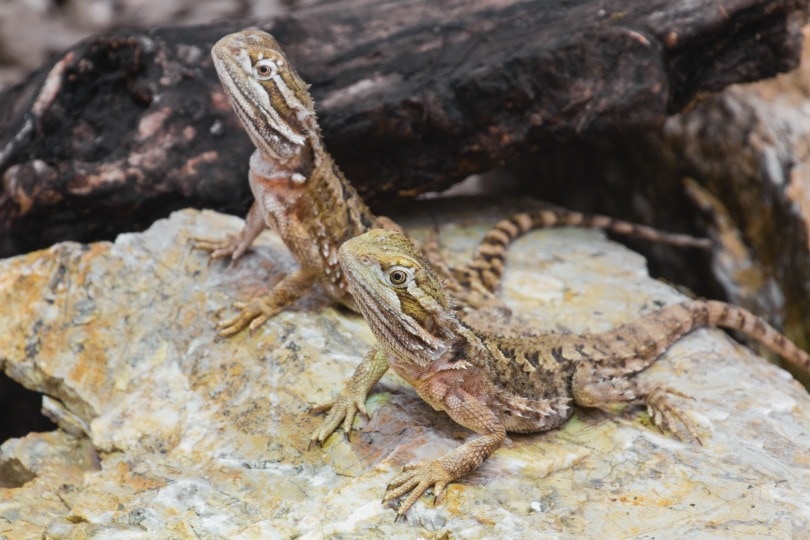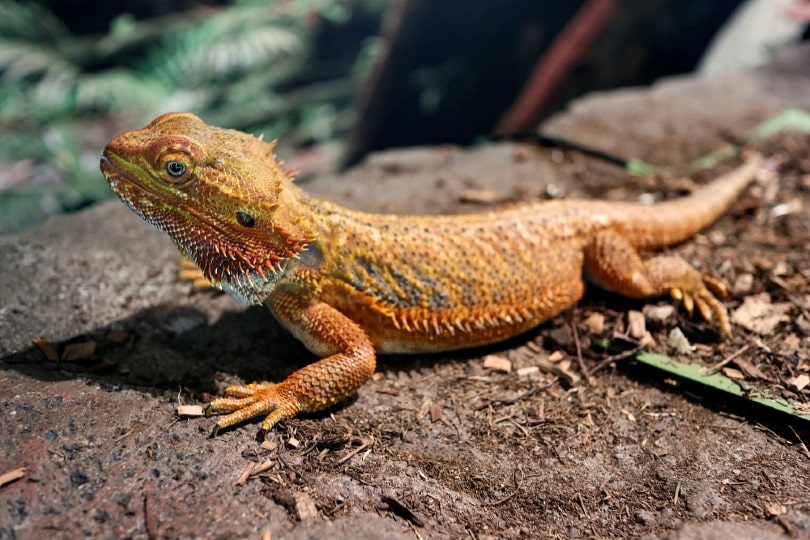
Having a bearded dragon can be quite the learning experience, especially if you’re a first time owner. It’s natural to be wary about giving your bearded dragon something that could hurt them. When offering fresh food, you might look in your fridge and wonder if bearded dragons can eat grapes, and the short answer is—yes, absolutely!
Your bearded dragon can enjoy washed, finely sliced grapes on occasion. But how many grapes can they eat? How often should they indulge? Are they nutritious for your dragon? Let us find out.
Grape Nutritional Facts
Health Benefits of Grapes
Grapes have tons of qualities that are incredibly beneficial for your beardie. They are common in many varieties.
There’s no lack of variety in the grape world. Because there are different types of grapes, your bearded dragon might develop a preference for one over another.
Risks of Eating Grapes
Calcium to Phosphorus Ratio
For healthy adult bearded dragons in maintenance, their diet should have a calcium-to-phosphorus ratio of anywhere between 1.5:1 and 2:1. This means the calcium should be around twice as much as the phosphorus. The recommended ratio for juveniles is around 2:1, and dragons that are breeding (particularly females) require a much higher calcium intake compared to adults in maintenance.
In grapes, the calcium is much lower than phosphorus, typically around 1:2. Phosphorus balance in the body requires that it be in the correct proportion with calcium. It binds to calcium, so when a bearded dragon is fed high amounts of phosphorus, their body responds by pulling calcium out from the bones to restore the proper levels of minerals and reduce the excess phosphorus in the bloodstream. Over time, the loss of calcium from bone mass can make the bones brittle and weak, leading to a condition called metabolic bone disease.
In addition, an inappropriate ratio of calcium to phosphorus is undesirable for the long-term health of a bearded dragon because it may predispose them to kidney or parathyroid issues. Therefore, grapes should be offered very sparingly to your bearded dragon.
Sugar Content
Grapes are moderately high in terms of their sugar content. Sugar is not directly associated with diabetes in bearded dragons. However, an overabundance of calories can lead to an obese pet, which isn’t healthy and may serve as a precursor for other diseases. The high sugar in fruits may also be a contributing factor to dental disease in bearded dragons.

Grape Foods to Avoid
Bearded dragons should eat fresh fruit only. There is some debate on whether some foods are acceptable in canned form—but grapes wouldn’t be among them. You have to especially be careful of canned foods when there is extra sugar or harmful preservatives.
Basically, aim to offer fresh fruit with no exceptions. Any extras are unnecessary and potentially damaging to your beardie.

Bearded Dragons Can Eat Grapes in Moderation
As long as you serve and portion each grape correctly, you won’t run into much of an issue.
How to Feed Your Bearded Dragon Grapes
Final Thoughts
Your bearded dragon can absolutely eat grapes. Grapes can be very healthy, offering powerful nutrients and lots of moisture to your pet’s diet. Remember to steer clear of any additives to fresh grapes in the form of artificial flavors, sweeteners, sugars, and preservatives.
Also, keep in mind that they only need grapes in moderation and not as an everyday snack. Try to keep fruit feedings down to once per week, so you don’t upset the natural flow of things. If you follow a few precautions, your beardie can delight in grapes with no issue.
Also Read:
- Can Bearded Dragons Eat Sugar Snap Peas? Potential Health Benefits & Risks
- Can Bearded Dragons Eat Carrots? Potential Health Benefits & Risks
Featured Image Credit: Shutterbug75, Pixabay









